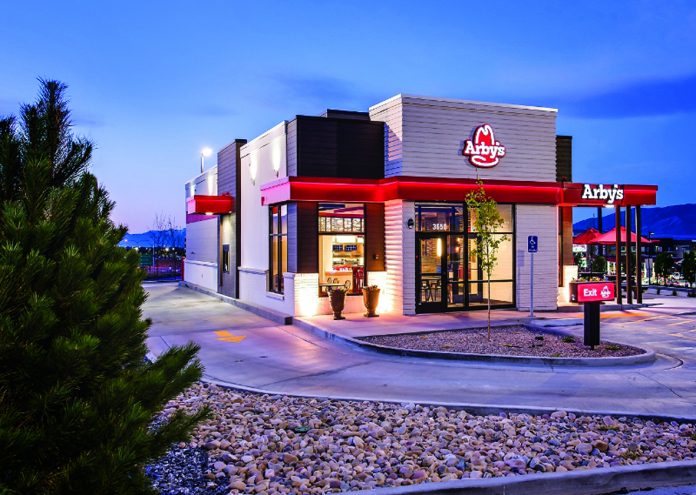Arby’s Restaurant Group, the second largest quick-service sandwich chain in the US, has announced it reached 15.2 percent total energy reduction per company-owned restaurant from a 2011 baseline, exceeding the 15 percent energy savings goal by 2015 set by the brand in 2012.
Arby’s also achieved an 8.6 percent reduction in water consumption from 2011-2015. The decrease in energy and water use during this time period resulted in US$20.4 million of cost savings.
“At Arby’s, we are committed to employing efficiency measures that save both energy and costs,” said Paul Brown, CEO, Arby’s Restaurant Group, Inc. “We’ve shown that there are considerable energy and water savings opportunities in the restaurant industry and we will continue to find new ways to further reduce energy and water use in our restaurants.”
Average energy consumption is measured by combining Arby’s electric and natural gas usage into thousands of British Thermal Units (kBtus), a standard measure of energy. The energy consumption savings realised by Arby’s from 2011-2015 include a 21 percent reduction in electricity use and a 2.5 percent drop in natural gas consumption.
The efforts driving these savings are part of the Arby’s Efficiency Matters programme, launched in 2012 to improve efficiencies in restaurants and reduce energy consumption and associated environmental and community impacts.
The programme began with behavioural shifts, optimised on and off schedules and the implementation of an energy management system, and has evolved into long-term investment projects like the replacement of ovens and fryers to more energy-efficient models.
Vital to Arby’s energy efficiency efforts are strategic partnerships across the sustainable energy and water landscapes, including with Ecova, Powerhouse Dynamics, Regency Lighting and Weathermatic, among others. Arby’s also joined the US Department of Energy’s Better Buildings Challenge in 2015 in an effort to further showcase good stewardship in energy efficiency and extend the company’s savings goal. In joining the challenge, Arby’s committed to making the entire company-owned portfolio of restaurants 20 percent more efficient by 2020.








